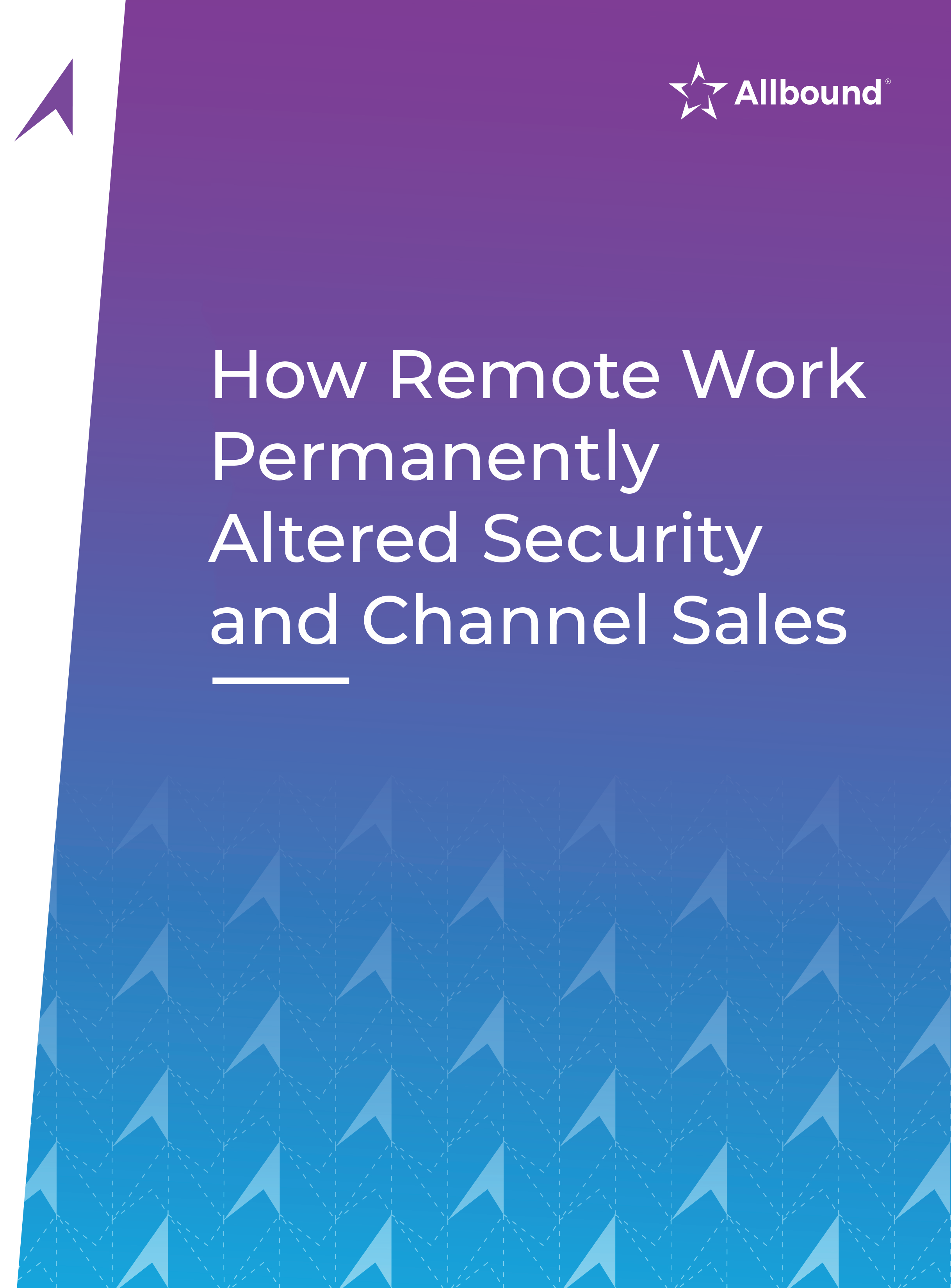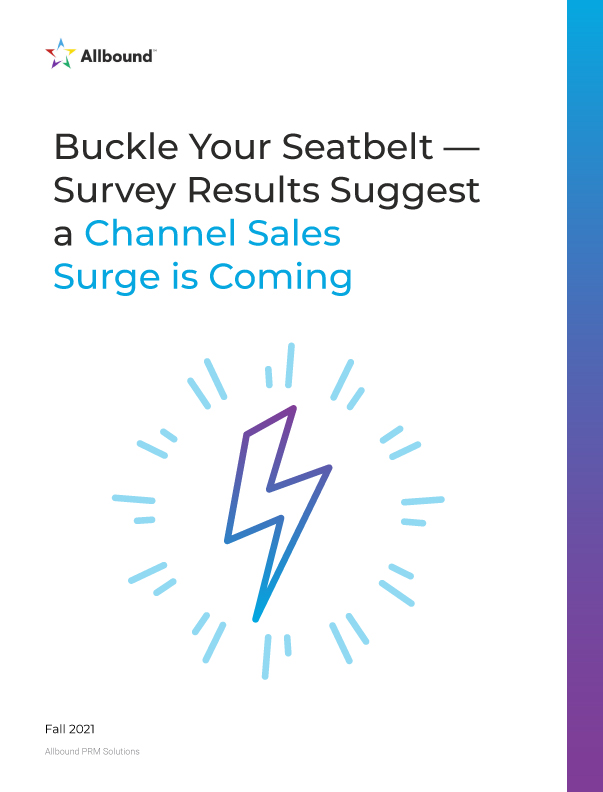Special Features
What MSPs Will Need To Keep Pace For The Future Of The Cloud
 By Rob Rae, VP of Business Development, Datto
By Rob Rae, VP of Business Development, Datto
Business data has evolved; the information that used to live only on a server at a company site has gone everywhere. Today, enterprises or their channel partners are managing data from on-premise locations, within the cloud, in virtual environments or in the Software-as-a-Service (SaaS) applications they use for daily business operations.
It’s increasingly important for organizations to have visibility, control and clarity around their data, as well as the ability to protect it. Data’s increasing complexity paired with its critical nature presents a new challenge for businesses eager to get a handle on the insights that data can yield.
When it comes to data protection, the commoditization of cloud data storage has led many enterprises to leverage their cloud providers for backing up all of that data. However, providers’ existing cloud platform designs may not be equipped to meet customer expectations for disaster recovery if they don’t account for risks like accidental data deletion or unforeseen downtime. If an organization needs to tap its cloud to recover information in the event of an emergency, the additional volume, data or time beyond the allotted day-to-day backup needs could lead to unexpected service or productivity costs.
Channel providers are concerned that businesses see managed services as similarly commoditized. With the large number of organizations calling themselves managed service providers (MSPs), it is difficult for the industry to differentiate offerings and fight sentiments that these vendors could be easily replaced. As the next chapter of cloud computing technology reshapes customer needs, the traditional MSP model will need to adapt in order to provide consistent pricing and data transparency, control and protection, as well as the level of service and care customers have come to expect with their backup disaster recovery (BDR) partners.
Giving Enterprises The BDR They Need
Vendors and channel players will continue to collaborate to bring complementary technologies and experts together. This comprehensive approach will allow the channel to offer the peace of mind of data protection and recovery alongside streamlined management. There are other things MSPs can do to ensure their continued value to enterprises with hybrid environments, including:
- More predictable pricing models: Businesses feel most comfortable with backup solutions that best fit their data protection, storage and pricing needs, which may result in keeping their data only in the cloud or only on-site. Partners typically try to work with whatever their clients can afford, specifying local, off-site storage, or a combination of both for the highest reliability and best results if needed. One way to put customers at ease is to use pricing models that are more predictable each month, rather than those that vary based on volume. By using fixed pricing, MSPs can shorten their sales cycles and preserve customer satisfaction by avoiding unexpected cloud storage volume charges. Internally, MSPs can save the time they would typically spend reviewing volume reports or dedicating the team to managing data to stay within the right thresholds. Additionally, MSPs that can work with one vendor instead of multiple backup and storage vendors provide better service quality with fewer costs.
- 24/7/365 support: To further differentiate themselves, MSPs should ensure the backup vendors with which they work offer true support to their partners and customers. While customers might have successful backup and disaster recovery plans in place, business operations could be thwarted without proper support if the internal team has to stop work to fight fires. MSPs that use vendors with dedicated, 24/7/365 support in-house will be most successful in the event of a disaster.
- All-in-one dashboards: After relying on time and labor-intensive technology like tape to backup data, enterprises are recognizing the value of the cloud as a resource for redundancy and reliability. However, the proliferation of mixing and matching cloud and on-premise resources with different devices and varying software to manage each asset has created inherent headaches for MSPs and IT managers. The future of data management will rely on all-in-one platforms that can compatibly join services and devices for true transparency from one dashboard. MSPs that select vendors that take an end-to-end approach will win out with customers looking for simplicity and control. The more vendors that MSPs have to work with, the more time it takes to master their technologies as well as interact with their respective product, sales, support and marketing teams. If MSPs can work with fewer vendors, they can spend more time growing their businesses.
Moving forward, MSPs can take advantage of the increase in hybrid cloud adoption by modifying their services to suit the concerns of organizations regarding cost, service and complexity. If end users and MSPs use purpose-built cloud infrastructure, they can enjoy cloud storage without unpredictable monthly fees or concerns about maintenance of the cloud, since that responsibility lies with the vendor.
Rob Rae is Datto’s Vice President of Business Development, overseeing partner development, partner programs, training, and the annual Datto Partner Conference.














